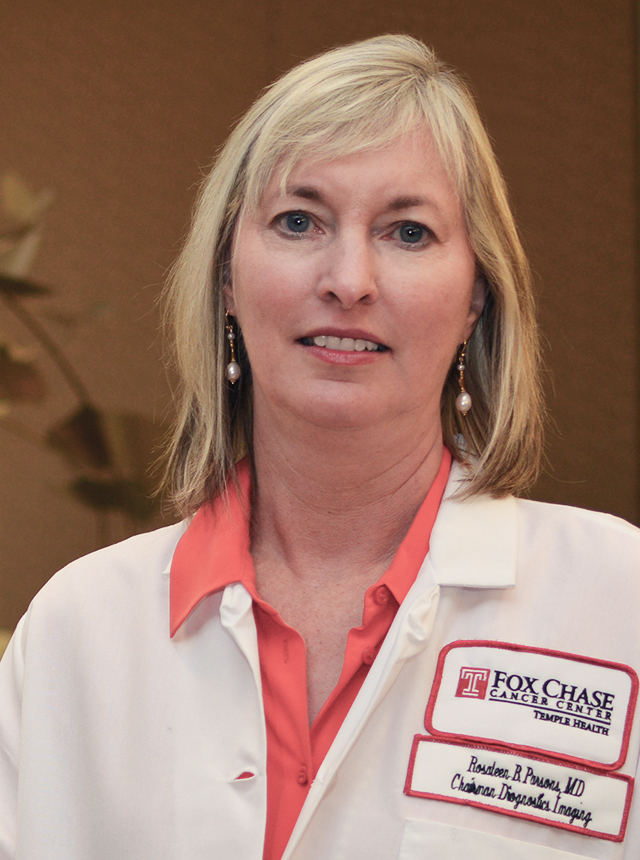PHILADELPHIA (March 9, 2016) – The most common type of kidney cancer in adults is renal cell carcinoma, whose incidence and mortality rate have increased over the past few decades. With recent technological advances, radiologists are increasingly using image-guided biopsy of renal masses to optimize treatment strategies for individual patients.
In a single study based on a review of a database assembled over the last 15 years, Fox Chase Cancer Center researchers recently showed that renal mass biopsy enabled accurate diagnosis of renal cell carcinoma. It can also be used to stratify patients based on disease risk — potentially minimizing the risk of over- or under-treatment in groups who could be on surveillance versus those who need surgery because of more aggressive renal tumors. The findings will be presented at the scientific session of the Society of Abdominal Radiology (SAR) Annual Meeting held in Waikoloa, Hawaii.
The research team reviewed clinical outcomes of 374 renal mass biopsies performed from 1999 to 2015. Core-needle biopsy, with or without fine-needle aspiration, was performed in 65 percent of cases, 41 percent of which underwent surgical resection. Core-needle biopsy enabled accurate diagnosis of renal cell carcinoma in 94 percent of cases who underwent surgical resection. Moreover, the biopsies successfully identified benign tumors in 11 percent of cases who could undergo surveillance imaging rather than surgery — reducing the risk of over-treatment.

“These findings showed that renal mass biopsy is effective in evaluating renal masses and should be considered in patients where the results would influence clinical decision-making,” said study author Rosaleen Parsons, MD, FACR, Chair of Diagnostic Imaging at Fox Chase.
However, the research revealed important caveats about the potential clinical effectiveness of renal mass biopsy. For example, the biopsies led to inaccurate classifications of tumor grade in 37 percent of surgical cases, putting patients at risk of under-treatment.
In addition, 30 percent of patients who had biopsies and underwent surgery potentially had low-risk tumors, suggesting that they may have been over-treated and better managed by active surveillance. Despite these clinical uncertainties, the findings collectively suggested that renal mass biopsy could improve diagnostic accuracy to assist in clinical management.
“Combining renal mass biopsy with additional clinical pathways for the management of renal masses may help minimize over- and under-treatment risks,” Parsons said. “Balancing competing risks is important and should ultimately guide individualized patient care.”